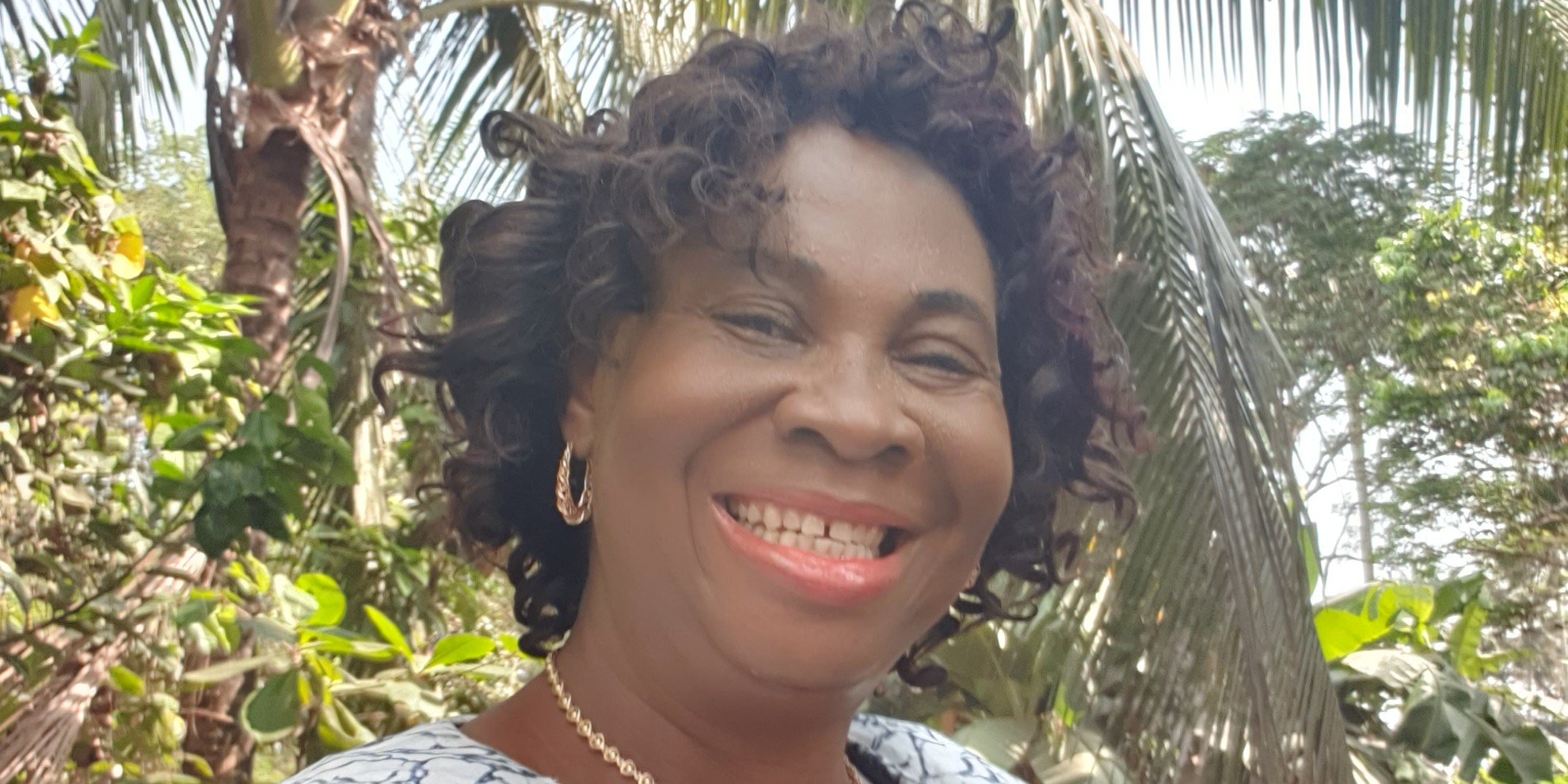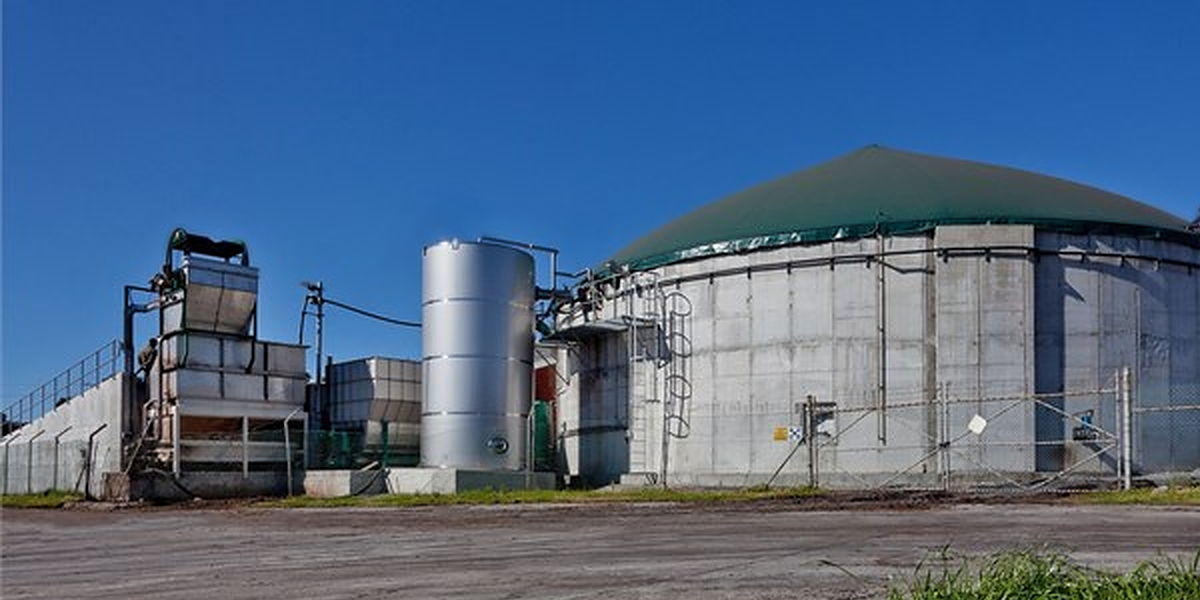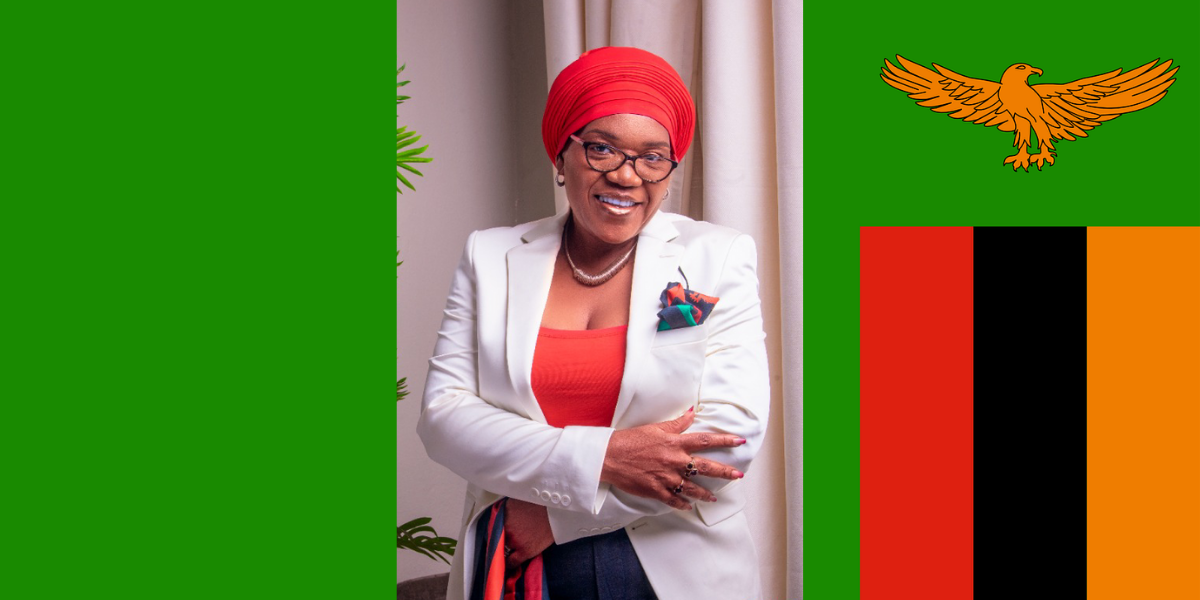
Edna Kabala-Litana is an Economist who holds a Masters Degree in Economics from the University of Botswana and a Bachelor of Arts Degree in Economics with Development Studies from the University of Zambia. She also holds a professional diploma in Trade Policy and Development from the National Board of Trade, Sweden. Edna additionally holds a professional certificate in Public Management from the University of Illinois under the auspices of the Young African Leaders Program of the United States Department of State initiative.
Edna has over 10 years’ operational experience as a seasoned economist with about 5 years exposure in leadership and management positions. She is a well-grounded researcher with contributions to publications in international economics, monetary economics, entrepreneurship, climate change and financial inclusion. Edna currently works as a lecturer at The Copperbelt University and Project Lead for University Brand Commercialisation. As a professional economist, Edna sits on the Board of the Energy Regulation Board ensuring commercial viability and sustainability of energy regulation in Zambia, in tandem with attainment of Sustainable Development Goals.
Dr Akan Odon recently interviewed Edna to find out a little about her experiences as a woman working in academia in Africa.
Give us a sense of your current work and affiliations.
My work as Project Lead involves linking the University to internal and external partners through brand recognition and ownership among students, faculty staff and friends of the University. We currently have a project to open the first ever branded shop in a Zambian Public University. Specifically, my role is to ensure that people buy into the brand and market The University Brand through ownership of selected branded items that will be stocked in the shop. Using students as our greatest asset, the University Commercialisation Project is running the first ever Student Brand Ambassador (SBA) internship programme that bridges the gap between our theoretical understanding of University Brand Commercialisation and practical internalization of the University Brand sales using linkages with both local and external partners. This project is an enterprise project that raises additional income for the university, enhances the employability profiles of our graduates and positions itself as a step in the attainment of global goals. As a University, our partners include the Zambian Government, The Chamber of Mines, Private sector as well as local and international SMES and Universities we hold memoranda of understanding with.
How did you get to hear about and engage with RECIRCULATE as a project?
I got to know about the RECIRCULATE project through my Dean, Prof. Sumbye Kapena. He also got the information about this project from our Vice Chancellor’s Office through the established linkages with Lancaster University.
What has been your experience engaging with the RECIRCULATE project so far?
Having attended the RECIRCULATE workshop in Nairobi on Innovation and Entrepreneurship, I appreciate the project as a practical and exciting experience. The workshop was hands on with tangible ways of solving some of Africa’s challenges while linking academia, industry and Government to home grown avenues of attaining the sustainable development goals. I value the group work done and it taught me how working together from the grassroots makes a huge difference in tackling some of our continent’s challenges like poverty, unemployment and even gender equality among many global goals. Post the workshop and amidst COVID -19, the RECIRCULATE network has been so rich in keeping me productive and learning from others through workshops and presentations shared. It’s been an amazing opportunity to grow and tap into different partnership opportunities this platform avails.
What do you consider are the two biggest challenges that women in research in Africa face?
Firstly, I believe that gender inequality is still a huge stumbling block for the growth of women in research in Africa. As women get exposed and sit at the same research table as men, it’s rare for women to be accepted to take a lead in ground breaking research contributions. Their voices are subjected to scrutiny of skills, talents and abilities and sometimes not heard. This is a discouraging reality when research requires recognition of both men and women to exploit the opportunity to successfully save Africa from some of her problems using collaborative research.
Secondly, I feel women in academia and research fraternity still face a lot of issues with balancing between research and management of family roles. While academic and research responsibilities require men and women to put in equal hours, the women get to continue to do more work at home and are expected to take cultural and stereotypical leadership in managing chores and the family. At the same time, women are subjected to the same research promotional and recognition criteria as their male counterparts out there. In such environments, it’s not easy for many women to compete, have well accomplished research profiles and become some of the best researchers. In addition, some African societies still view women as only befitting for raising children, cleaning and cooking roles that any hopes of their success in research are hampered right from their homes.
What are your views of the state of gender in research in Africa?
Gender in research in Africa needs a lot more attention if women are to contribute as good as men to unearthing solutions to African challenges. Currently, many women in STEM research rarely get the support of their institutions or even the platform to contribute freely to research outputs without being judged for the methodology or approaches they employ. Gender is not adequately considered as a tool for making Africa prosperous by embracing women on the same research decision platform as men. However, there’s so much that men and women in research can accomplish for the betterment of the African continent if change in mindset on equality of partnership in research is put first.
What do you think should be done to address these challenges this year?
This year, we need to engage community leadership on mindset change and action on Goal no. 5 (Gender Equality). The acceptance of women (and men) as key and equal partners in development should be best advocated for beginning this year through sustainable tools of delivering key messages such as school plans that will be made this year but feed into activities of next year. For instance, this year, school curriculum may be planned to be directed at teaching young people to accept female leaders as much as they teach the acceptance of male leaders. Use of drama, fashion shows, music concerts, quizzes and plays at school assemblies can be one way of activating this advocacy. Beginning this knowledge investment cycle on gender issues would lead to a yield of better results on how gender can accelerate collective action for poverty reduction, economic development and steady attainment of the global goals.
Any final thoughts or ideas for further engagement?
The RECIRCULATE project has been an enriching experience for me. I find it an absolute pleasure that this network promises great resources and linkages to people with similar minds and dreams in making Africa a better place.
All articles in The FLOW are published under a Creative Commons — Attribution/No derivatives license, for details please read the RECIRCULATE re-publishing guidelines.




